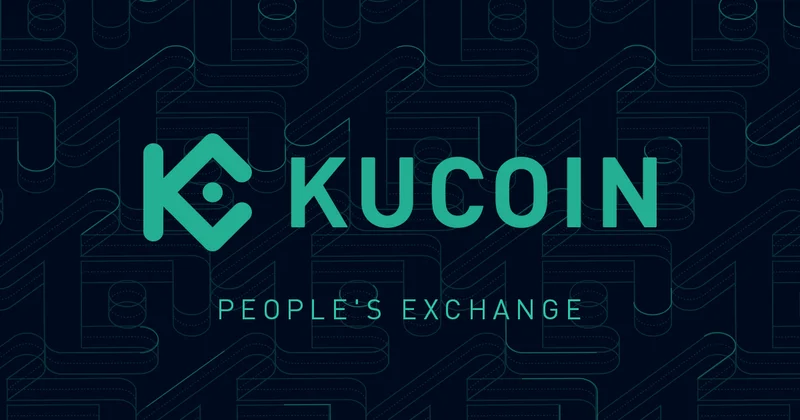Michael Burry, the guy who called the 2008 housing crisis, is making waves again. This time, he's betting against the AI boom, specifically with put options on Nvidia and Palantir. Puts, for those not fluent in Wall Street speak, are bets that the stock price will go down. The guy who was immortalized in "The Big Short" is shorting AI.
Now, a lot of folks are interpreting this as a dire warning, another "mother of all crashes" prediction. He even changed his profile name to "Cassandra Unchained," a reference to the Greek priestess cursed to see the future but never be believed. It's easy to see why people are nervous. Burry has a track record, and he's not exactly known for his sunny disposition. But what if we're looking at this all wrong? What if Burry isn't a prophet of doom, but a contrarian indicator pointing towards something huge?
Here's the thing: Burry's bearish bets don't necessarily negate the potential of AI. He might just think these specific companies are overvalued right now. It’s like saying the internet bubble of the late '90s bursting meant the internet itself was a failure. Remember Pets.com? Anyone? No, the internet went on to revolutionize everything, even though some early players crashed and burned.
He posted charts comparing current AI capex to the tech spending of the 1999-2000 bubble and referencing Star Wars with, "These aren't the charts you are looking for. You can go about your business." Maybe he's right, maybe he's wrong. I don't know, but what I do know is that the potential of AI is far from a bubble.
I think the real story here is that Burry's skepticism is a sign that AI is entering the mainstream. We're past the hype phase; we're now in the "show me the money" phase. And that's a good thing. It means the industry is maturing, and the focus is shifting from pie-in-the-sky promises to real-world applications.

Imagine the early days of electricity. There were skeptics, naysayers, people who thought it was a fad. But electricity transformed society. AI has that same potential, that same disruptive power. The shift towards AI is not just a technological upgrade; it’s a fundamental shift in how we work, create, and interact with the world.
Burry's bet against Nvidia and Palantir? It could be a smart financial move, or it could be a miscalculation. But the underlying trend – the rise of AI – is undeniable. The real potential of AI is not just in faster processing speeds or more efficient algorithms, but in its capacity to augment human intelligence, unlock new discoveries, and solve some of the world's most pressing challenges. This uses complex systems to achieve goals—in simpler terms, it means these systems are making our lives easier.
When I think about the possibilities—personalized medicine, sustainable energy solutions, AI-driven education—I honestly get chills. This is the kind of breakthrough that reminds me why I got into this field in the first place.
Of course, there are ethical considerations. We need to ensure AI is developed and deployed responsibly, with fairness, transparency, and accountability. But fear shouldn't paralyze us. We need to embrace the potential of AI while mitigating the risks.
So, is Burry right? Is an AI winter coming? Maybe. But even if it does, that doesn't negate the long-term potential of this technology. It just means we need to be smarter, more strategic, and more responsible in how we develop and deploy it. The speed of this is just staggering—it means the gap between today and tomorrow is closing faster than we can even comprehend.
Burry might be the Cassandra, warning of impending doom. But I think he's more like Columbus. He might be sailing against the prevailing winds, but he's inadvertently pointing us towards a new world. A world powered by AI, a world full of possibilities. And that's something to be excited about.